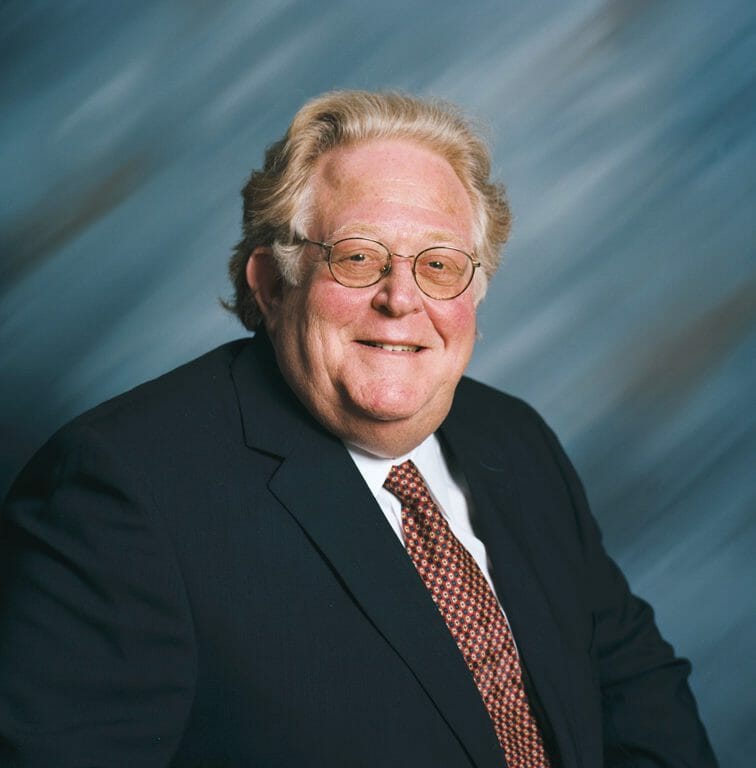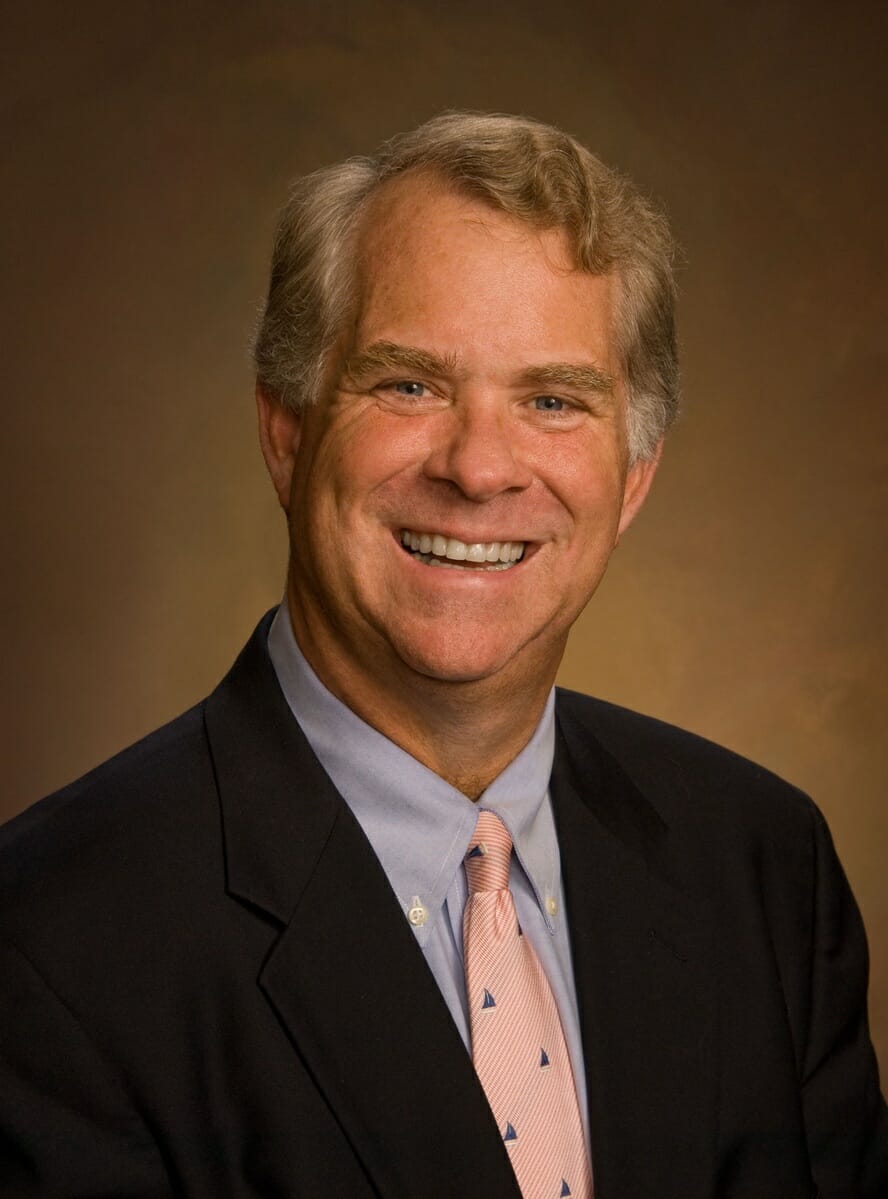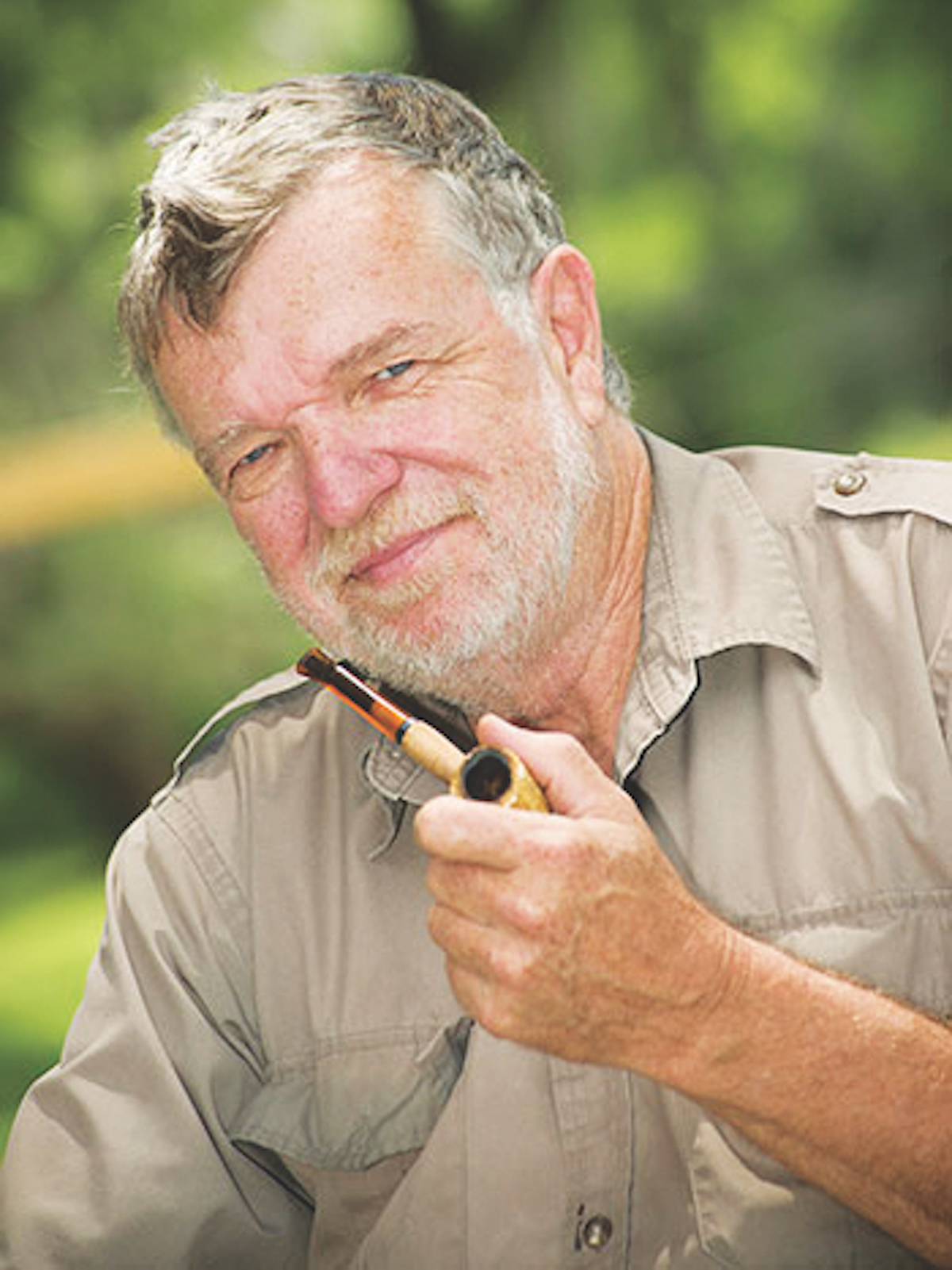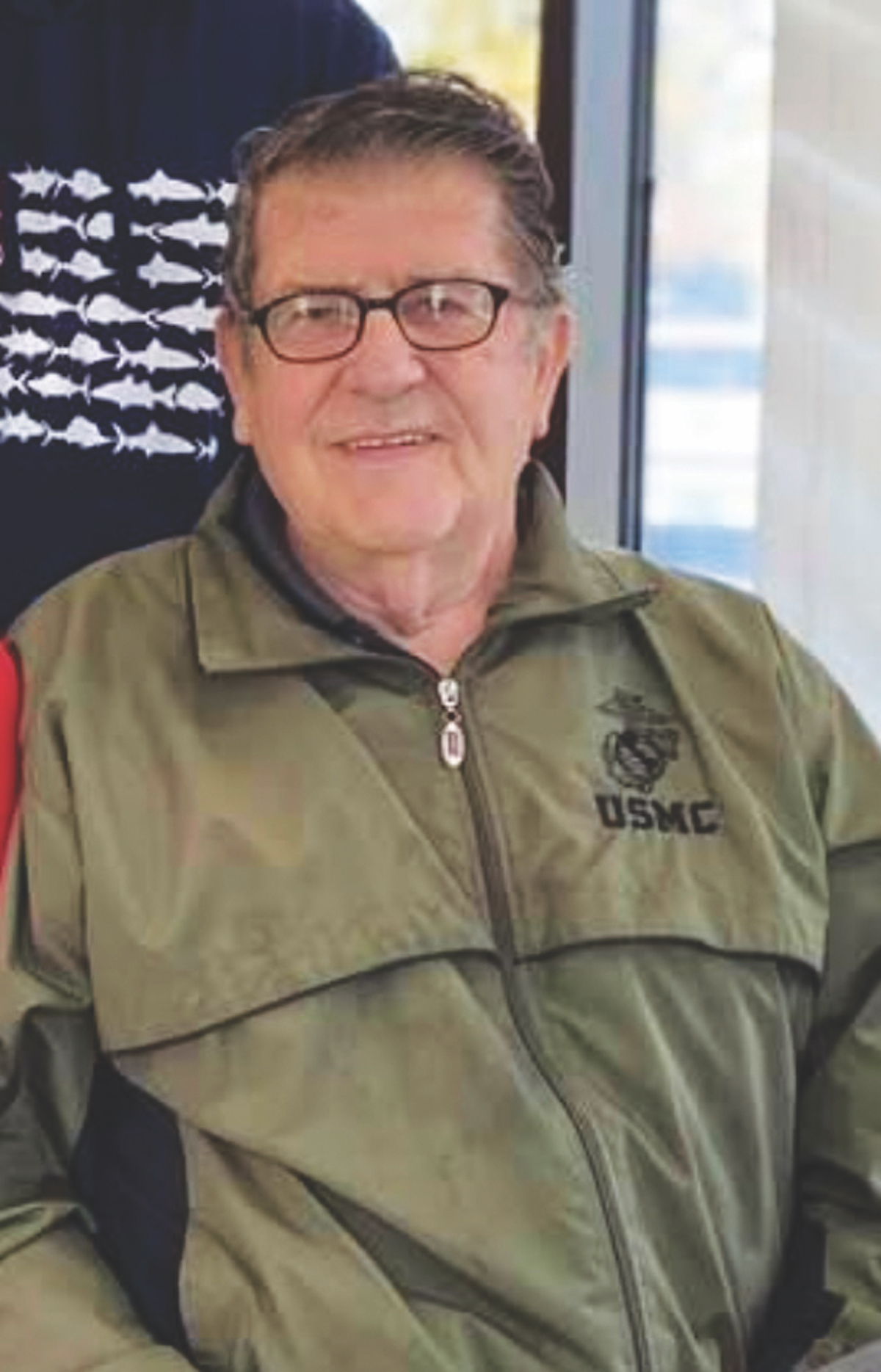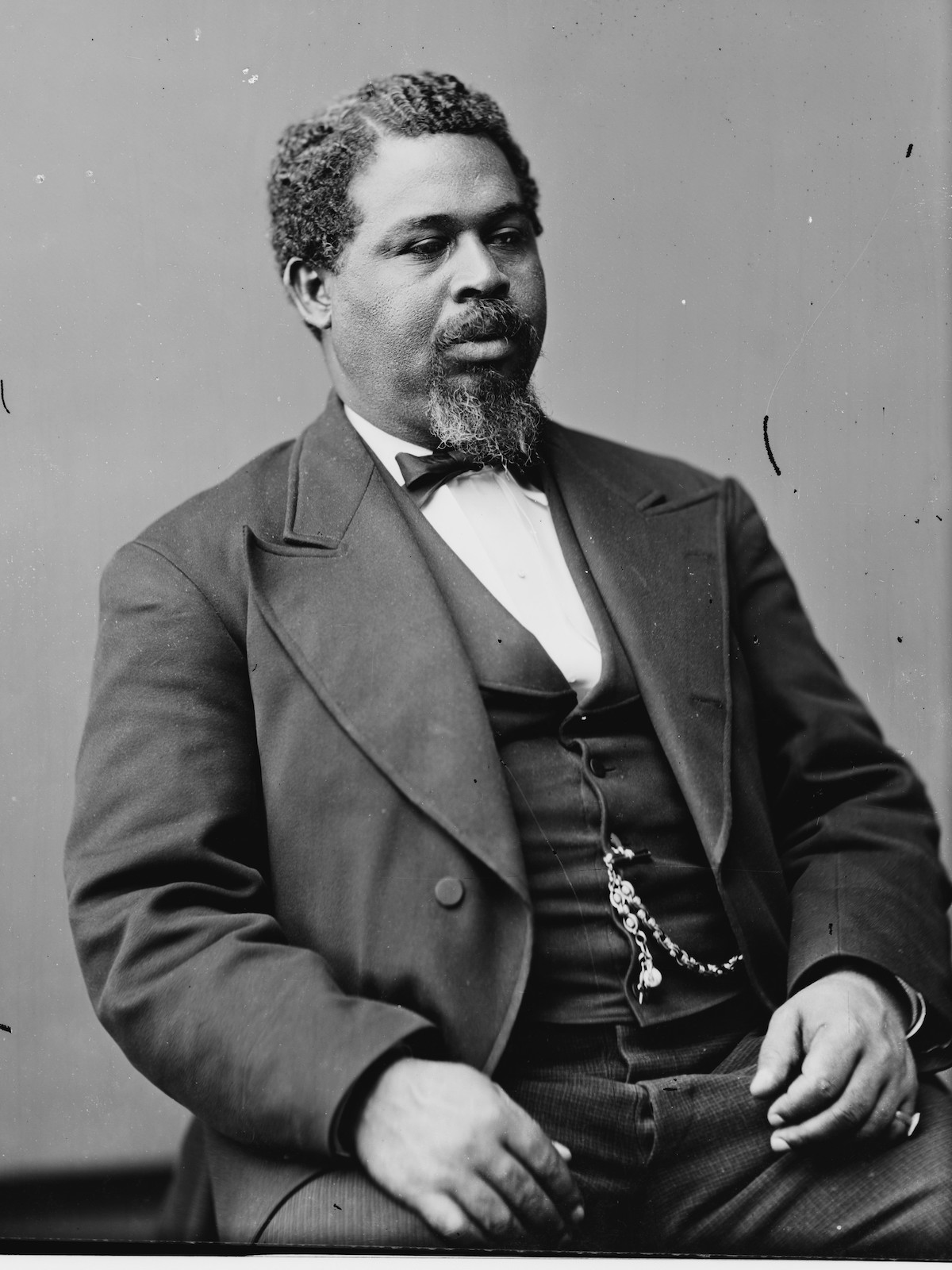 1. How much land is available at the Commerce Park?
1. How much land is available at the Commerce Park?
The Commerce Park includes 167 acres of which about 135 are buildable. The remaining 32 acres of wetlands are also marketable as they can be used to meet open space requirements for respective businesses that choose to settle in the park.
2. Are all utilities in place?
Yes, the Commerce Park is served with electricity, water, sewer, natural gas and environmentally approved and constructed storm water management system.
3. Is this a done deal, created in a back room by City Council with the public being kept out of the process?
No. While the City Council has the authority to authorize the City Manager to sign a purchase and sale contract, Council chose to go the ordinance route which started with a presentation to Council and the public at a Work Session where votes are not taken. This will be followed by the required two readings at which time the public will have an opportunity to learn the facts, ask questions and make recommendations.
4. Where is the property located relative to interstate highways and ports?
The Commerce Park is located off U.S. Highway 21, almost midway between the ports of Charleston and Savannah, about 12 miles east of U.S. 17 and about 18 miles from I-95. The site is located essentially across US 21from the Marine Corps Air Station Beaufort and its soon-to-arrive F-35 Joint Strike Fighter squadrons and high-tech training center. The Commerce Park is also situated an hour and fifteen minutes from Boeing in Charleston and 45 minutes from Gulfstream in Savannah. Lockheed Martin will be moving to the area to support the JSF and authorities say that some of their suppliers and vendors are likely to follow. According to a high level aeronautics official, one could not find a more centrally convenient location for aeronautics supply chain operations than this Commerce Park.
5. What are the advantages of the Commerce Park being annexed into the City of Beaufort?
When annexed, the land will be subject to Beaufort’s planning and development requirements and compacted development processes. The City will institute internal rules that all necessary permitting is ready for consideration and approval within 30 days of a business submitting a complete application – addressing an oft-voiced complaint about bureaucratic roadblocks to new businesses. While we don’t control other permitting agencies we can commit to a speedy City process.
6. If high-tech companies want to locate at the Commerce Park, they won’t wait 10 years for a trained workforce to develop. What are the short-term plans to provide skilled workers?
Over the past nine months, city officials and private professionals have been working to establish the Transition Work Force Education Assistance Collaboration, an organization which will include the Beaufort County School District, the Technical College of the Lowcountry and USCB, which has brought the USC School of Engineering and Computing and the McNair Center for Aerospace to the table. By harnessing the expertise of each of these organizations working in collaboration, TWEAC’s mission is to train future employees with specific skills for specific jobs for which there currently aren’t workers with necessary skills. In Beaufort’s three military installations, we have a large and untapped economic development asset in the disciplined, focused and experienced Marines and Sailors who, with appropriate training, can provide a workforce unlike any other. TWEAC will engage in the transition from the service to the private sector process offered to all leaving the service. In some cases, we hope to start training while they are still on active duty.
7. Will all of the jobs be high tech opportunities for which members of the community will not be qualified?
No! We anticipate a variety of job opportunities with varying skill sets and anticipate salaries will range from an average of $14 per hour plus insurance ($3 an hour value) to considerably higher salaries for more highly skilled positions.
8. Will you target only Southeastern firms, US firms, or international firms?
Based on the capacity of the Park, and a desire to create a diverse workforce, we anticipate small to medium sized businesses based on clean industries. This would suggest 50 to 600 employees. Recent studies indicate our area is likely best suited to healthcare, aerospace, logistics/supply chain and environment technology-oriented businesses.
9. How much will sites cost?
The 167 acres at the Commerce Park can be configured to specific business needs and prices will be negotiated on a case by case basis. We hope to work in tandem with the SC Department of Commerce and Beaufort County Council to satisfy requirements for competitive incentives such as land and site development costs based on the number of jobs, the company’s capital investment and other criteria as set forth by the SCDOC.
10. Is there a timeframe to build?
Infrastructure is already in place and the Commerce Park is ready to accept new businesses immediately.
11. Are there a minimum number of jobs required for businesses interested in the Commerce Park?
The Park is most suitable for seeking businesses that provide 50-600 jobs. It is also good to note that many incentives kick in for companies that create a minimum of 10 new employees and $2.5 million in capital investment over a five-year period.
12. Does the City get any money from the proceeds of a future sale?
Should a business buy land at the Commerce Park and eventually decide to sell, deed restrictions that protect the taxpayers’ investment are likely to be included in the terms of the sale. The City’s intent is to, over time, recover the cost of land purchase, closing costs and legal fees through the generation of new income and taxes that will multiply throughout our economy with the addition of new businesses and new jobs
13. Will there be a written, streamlined permitting process?
The City already has a streamlined process that can move a project through at the staff level, which will guarantee completed applications that meet, health, safety and environmental requirements are approved within 30 days. While the City does not control some permitting, the City will be an active advocate for state and federal approvals if necessary.
14. Have any specific businesses indicated a willingness to take advantage of this?
Yes. Beaufort City leaders are in conversation with three businesses exploring locating in the Commerce Park or elsewhere in the Beaufort area. While these discussions remain confidential at this time, which is normally the case in competitive situations among private businesses, the potential is 800 new jobs. That being said, we will be competing with other states and other cities that have extraordinarily generous incentives for locating new businesses to their areas.
15. Will this opportunity be available to local, existing businesses looking to expand?
Yes. The City encourages local and nearby existing businesses to consider the Commerce Park for expansion opportunities.
16. What are the other possible uses for the City’s land acquisition funds, such as pay down debt, install a day dock or build a parking facility?
The land acquisition fund, created many years ago, is a percentage set aside from the annual fund balance. Thus far, the fund has been used to participate along with Beaufort County and the Open Land Trust to purchase scenic vistas along Boundary Street and Highway 21 on Lady’s Island as well The Green on The Point in downtown Beaufort and the site for the new city complex. Funds are not restricted to these uses. Furthermore, as the city has inventoried existing land holdings, the fund will be enhanced over time when the City sells some of the underutilized land assets.
17. Why is the City competing with private businesses?
The City is not competing with private business. If private investors were interested, they would have purchased the park when it became available months ago. This is the only Park of its kind in Northern Beaufort County. That said, there is other industrial zoned, privately held property in Northern Beaufort County (Dale and Yemassee, to be specific) that will be marketed to prospects which are not appropriate for the improved park and those that have specific desires not to be in the Park. Since 2009, Beaufort leaders have worked with the community to create a new vision for the City’s future through a transparent Civic Master Planning process. The City Council and Beaufort Redevelopment Commission are working to revitalize Beaufort’s economy and already have seen successes including attracting Lowcountry Produce to renovate the former Post Office and old City Hall on Carteret Street as well as the MidTown Square residential project. The Commerce Park, once annexed into the City, provides a unique opportunity for further economic growth. Beaufort leaders are putting in place a Transition Workforce Education Assistance Collaboration (TWEAC) that brings together local K-12 and higher education to address high-tech and other workforce needs. At the same time, Beaufort is in talks with the Marine Corps to find ways to help retiring Marines find jobs that take advantage of their skills, especially those in aerospace and avionics.
18. Why does the City think it can do a better job with the Commerce Park than has been done in past years?
The reason there are three prospects looking at the Park today is because infrastructure was constructed into the property and the Alliance never stopped selling it. And now, the City of Beaufort is making it possible to have the chance to take a prospect to the “deal making” stage. The timing of the property is right because the market is returning and folks are looking to invest. It is important that we understand as a community that this is not a process of “instant gratification.” This is a long-term investment that will slowly, over time, yield returns. “This is the right thing to do, at the right time in our City’s regrowth and renewal,” Mayor Keyserling told the City Council March 20. “This is our next step in City Building. Together, we can make this work. Together, we can help build a better Beaufort, now and for the future.”
19. What is the role of the failed “Lowcountry Economic Network” and how is it different from the “Lowcountry Economic Alliance”?
While some of the participants, including the City, supported the LEN, the two organizations are not the same. The S.C. Secretary of Commerce is committed to working through the Lowcountry Alliance. He made it very clear, when he spoke through the Greater Beaufort Chamber of Commerce, that it is difficult to send prospects to communities that have no place to locate new industry or in communities that will not match state investment in such. The two new companies that settled in Jasper County settled there largely because there were suitable available buildings which Beaufort County does not have. Alliance staff extensively searched for buildings in Beaufort County but we did not have any that were suitable. While local officials have been actively participating in the courtship of new businesses, Alliance staff have taken them to Columbia and assisted in developing the paperwork required to compete for state and county investment in infrastructure and site improvements. That being said, City Council does not expect any one group to do all of our work and is, therefore, prepared to become actively engaged in courting and recruiting jobs to the area regardless of the unresolved issues within the alliance.
20. Why is the City going to spend money to bring new jobs when it does so little to help struggling, existing businesses survive and grow?
First, it isn’t true that the City hasn’t been supportive of local businesses. Years ago the City created a loan pool to help small businesses grow, but not one business applied. More recently, between the $1 million a year to pay for debt service on The Henry C. Chambers Waterfront Park rehabilitation and maintenance efforts to maintain and beautify the downtown, plus the investment of about $550,000 a year of ATAX funds by the City and County Council, just under 10 percent of the City’s budget has been invested annually in supporting efforts to bring people to Beaufort to visit and hopefully consider locating here. After serious consideration Council has determined, based on a study commissioned by the Redevelopment Commission, that Beaufort has more retail capacity and restaurants than our population can support. By bringing better paying jobs to the area, giving families more disposable income, retail and dining venues will have more customers. We’ll hopefully be able to expand the retail mix so there will be consumers for more goods and services and we will not be solely dependent upon tourists — which is good business, but not the only business we should rely on.
21. What will the City pay for the Park?
While the council has not yet formally considered the Mayor’s proposal, and contract negotiations must be kept quiet initially, one can say that the amount proposed by the Mayor is less than the Banks paid for the property at foreclosure. The purchase price is likely lower that the dollars invested to install the infrastructure that puts the park in a “ready to go” position without additional City investment.
22. How do we define success with the Beaufort Commerce Park?
First, success comes in owning and protecting the purpose of the property. Having an industrial park for existing business and new businesses is key to our diversification strategy. Second, success can be defined by the ability of the Park to meet the needs of the business community. While we know it will not be a fit for all business types, are we attracting business interest? Do we have prospects looking? So, it’s about our ability to be “in the hunt,” so to speak. And finally, are we able to assist businesses to grow and create jobs? Have we met our public purpose in fostering job creation on this property?The timetable for success cannot be measured in neat campaign cycles. It will come as the market allows it to and our ability to adapt to market changes on this property and in our community. So, it’s important we understand we are in this for the long haul and will keep the public informed as we work toward our goals.


